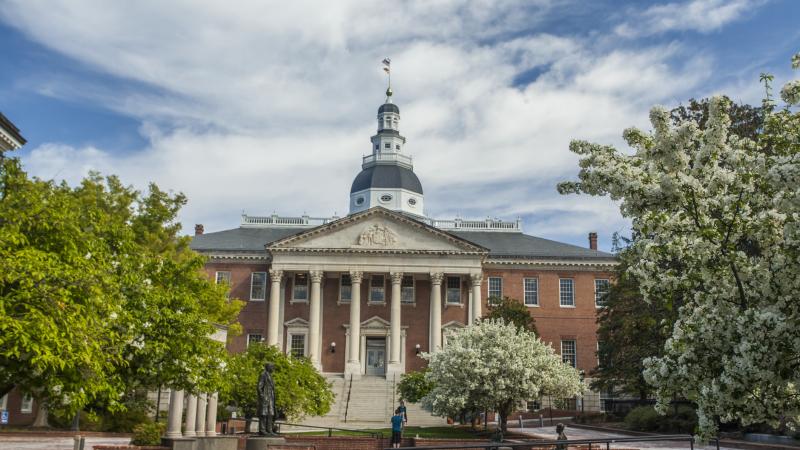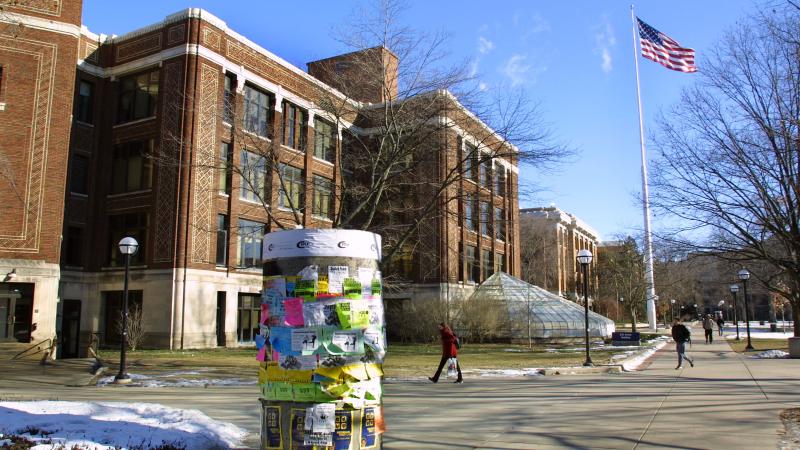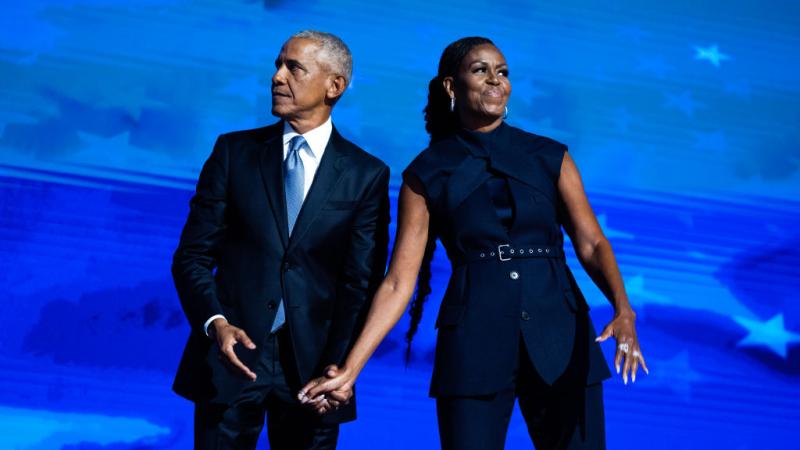Delaware Court sides with Tesla in fight over direct sales
Court ruled Tesla’s direct-to-consumer electric vehicle sales model does not violate a law barring auto manufacturers from owning interests in dealerships.
Delaware's highest court has given Tesla the green light to sell its popular electric vehicles directly to customers following a legal challenge over the state's franchise law.
The ruling issued by the Supreme Court on Monday holds that Tesla Inc.'s direct-to-consumer electric vehicle sales model does not violate a Delaware law barring auto manufacturers from owning interests in dealerships. The ruling overturned a lower court decision that prohibited the Elon Musk-owned company from selling directly to consumers in the state.
Lawyers for the Delaware Department of Motor Vehicles argued that Tesla's 2022 application for a dealership license didn't comply with state law because the state's Franchise Act prohibits a vehicle manufacturer from "directly or indirectly owning an interest in a dealership" or acting as a dealer.
But Chief Justice Collins Seitz Jr. said he found the state's arguments "unpersuasive" and sent the case back to the Superior Court for additional proceedings.
"The General Assembly enacted the Franchise Act to address the disparity in bargaining power, which permitted new motor vehicle manufacturers to exert economic pressure over their franchises," the 21-page ruling states. "Its definitions exclude Tesla and its direct sales model, where new electric cars are not sold through franchised dealers in Delaware."
Unlike traditional automakers, Tesla sells its vehicles directly to consumers without using independent franchise dealers.
In 2019, Tesla filed its first application for a dealer license with the DMV but was approved to set up a showroom in a mall, not to sell directly to consumers, according to legal filings.
After the DMV rejected Tesla's 2022 application for a dealer license, the company appealed the decision, but an administrative hearing officer affirmed the agency's rejection.
Tesla lost a subsequent court challenge after a Superior Court judge ruled that Tesla can't be defined as a “new motor vehicle” under the franchise law because that term applies to a vehicle sold to a dealer. But the company appealed the ruling, and the Supreme Court agreed to take up the legal challenge.
Tesla has fought similar battles over direct customer sales in other states, including Texas, where it is headquartered.
In Connecticut, lawmakers have repeatedly filed a bill seeking to overturn the state’s ‘franchise law’ and allow Tesla and other EV manufacturers to sell their cars directly to consumers. Still, the measure has failed to gain traction.
The Delaware high court's ruling kicks the case back to the Superior Court for additional proceedings, which is expected to clear the way for Tesla to conduct direct sales in the state.















